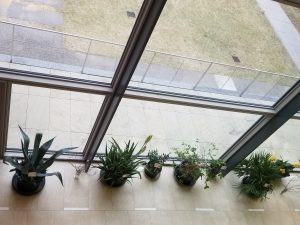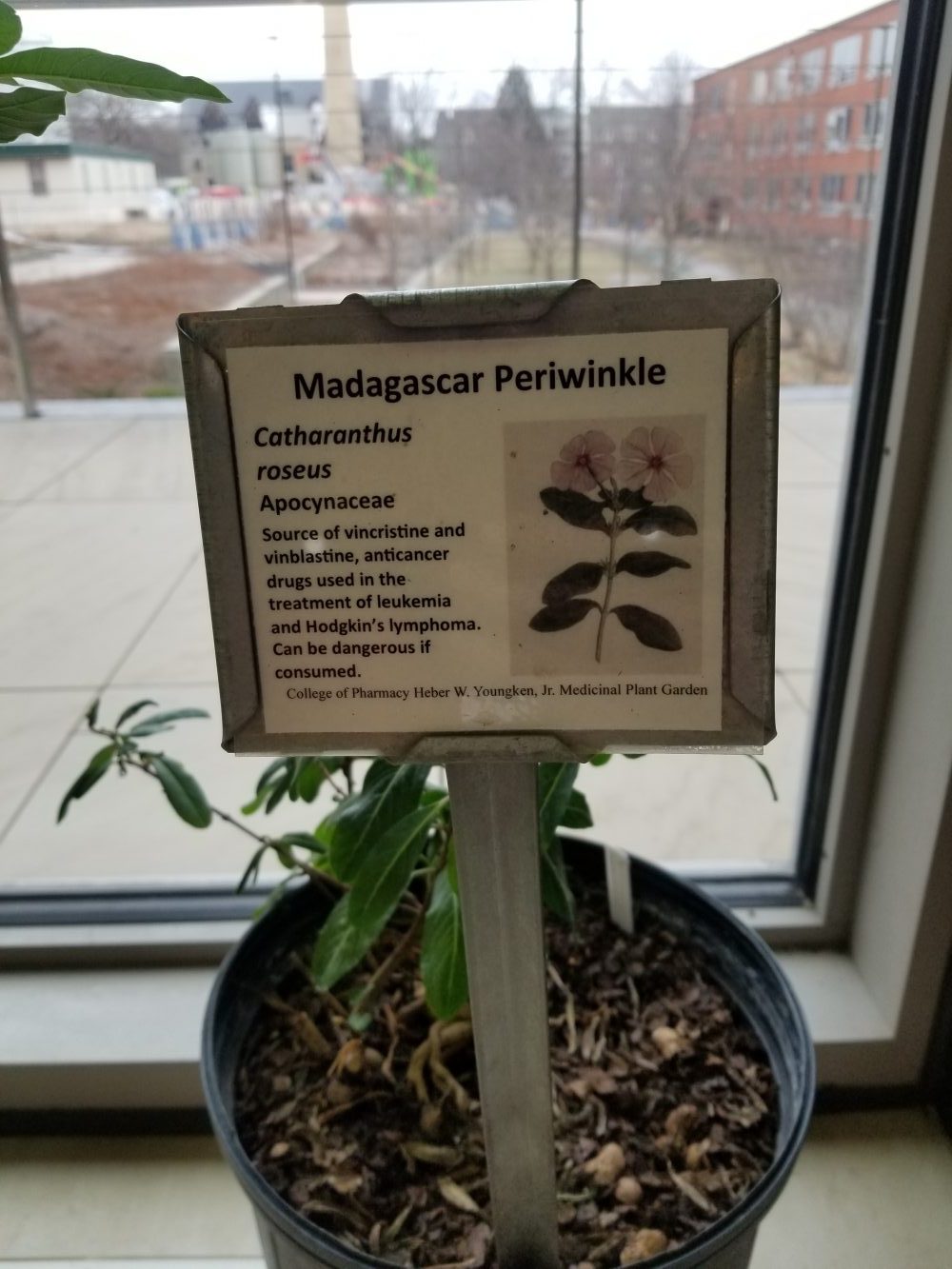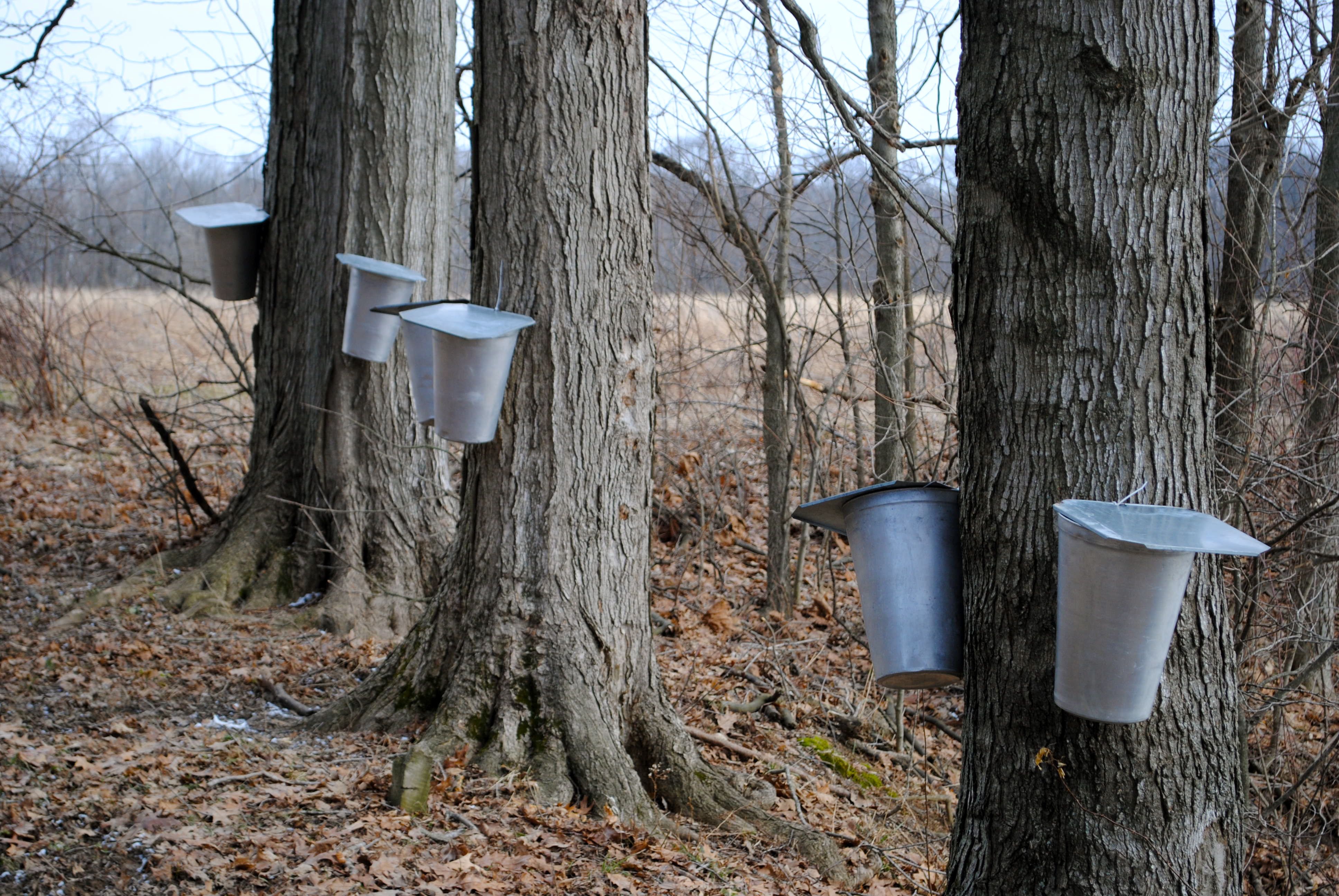URI professor researches the effects certain plants have on the body
Photos by Jessie Boukarim|CIGAR| Being aware of what you put in your body
has a tremendous effect on your health.
Aside from being rich in vitamins, minerals and fibers, plants contain phytonutrients. These are special nutrients found within plants that heighten the body’s defenses. With the cold and flu spreading like wildfire, who doesn’t wish to boost their immune system? Consider phytonutrients the warriors fighting off pathogens and preventing development of chronic diseases. In order to further understand their potential, Dr. Navindra Seeram’s lab is working hard researching phytonutrients.
“We are natural products chemists interested in identifying these phytonutrients present in food…these compounds present in colorful fruits, vegetables, and grains, they go beyond basic nutrition,” Seeram, who is a professor and researcher in the Biomedical and Pharmaceutical Sciences Department, said.
Many of these plant nutrients serve in protecting the body’s systems (i.e., cardiovascular system). How, you might be wondering? While it may take a whole book to adequately answer that, here’s the nutshell explanation: the environment is constantly attacking your body (i.e., viruses, carcinogens, free radicals), while your immune system fights to guard you. Many of these protective compounds found in plants (i.e., antioxidants) serve as your body’s clean-up crew, if you may, scurrying around arresting the invaders.
“My work has shifted a little bit to try and understand the gut microbiota and the conversion of some of these bioactive constituents, and then further into metabolites,” Seeram said.
The gut microbiota consists of a multitude of beneficial bacteria that aid in digestion. Yes, you read that right, there are bacteria helping the body digest food, absorb nutrients and strengthen the immune system. These bacteria inhabit your intestines and are the reason many nutrients can enter your body. In biology, this type of relationship is called mutualistic; the host, you, profits from improved digestion and absorption of nutrients, among additional benefits, while the bacteria is provided with a warm home and occasional table scraps (prebiotics) to eat.
“Food is your medicine…just like what Hippocrates said, this has been around for centuries,” Seeram said.
The medicinal properties of plants have been known for centuries. Civilizations around the world have capitalized on the beneficial properties of fruits, vegetables, whole grains, seeds and nuts. A holistic approach to medicine utilizes plants to prevent the onset of disease.
“These are preventative; we may prevent heart disease, cancers and neurodegenerative diseases,” Dr. Seeram said.
The development of chronic disease is complex. Working together with multiple disciplines is the best manner of tackling these challenges.
“We have also been collaborating a lot with faculty at URI…proximity is great, we are close together…we are geographically located and the only pharmacy department in the state,” Dr. Seeram said.
This collaborative approach is a shining strength here at the University. The multitude of disciplines, closely located on campus allows for shared efforts. Together, the sciences may integrate expertise from multiple departments (i.e., pharmacy, nutrition, kinesiology). Regarding current work, research will be geared towards maple syrup’s potentially beneficial properties.
“Come late winter into early spring, they will start to collect sap from the maple trees. The trees are indigenous to this area,” Dr. Seeram said.
His research lab is working hard to elucidate the benefits of maple syrup. Through coordinating efforts with other departments, they are maximizing the University’s impact that is composed of a multitude of disciplines, which may find manners of working together to solve public health concerns.







